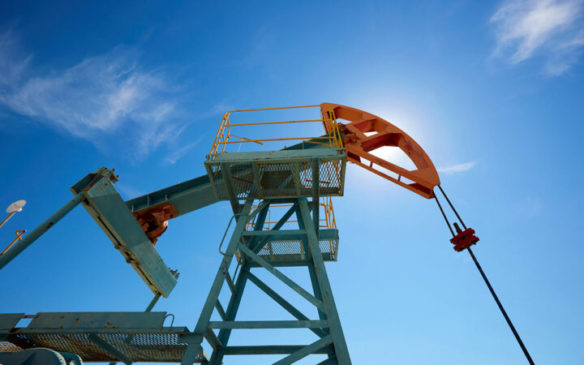Oil prices rose today as Hamas and Israel continue their conflict with many injured and several dead on both sides.
Oil prices have risen following the conflict between Israel and the Palestinian militant movement Hamas as the fight extends into the third day. Global benchmark Brent hit $88.41 per barrel on Monday after rising by 4.53%. The US West Texas also recorded an increase, climbing 4.69% to $88.67 a barrel.
The conflict between both sides does not directly impact oil prices as neither is a major oil producer. According to the US Energy Information Administration (EIA), the Palestinian side does not produce any oil. On the other hand, the EIA notes that Israel had an estimated 14 million barrels in oil reserves with nearly no crude oil production. According to EIA data, Israel has two refineries and a combined capacity of 300,000 barrels per day.
Hamas and Israel Conflict May Not Affect Oil Prices
Although the conflict may have some effect on oil prices, analysts do not believe there will be any permanent problems. Vanda Insights CEO Vandana Hari predicted in an email to CNBC that there might be a “knee-jerk” rise in crude prices as markets open today.
Vivek Dhar, the Commonwealth Bank’s Director of Mining and Energy Commodities Research, also believes that the conflict might not affect oil prices in the long term. According to Dhar, other market forces are more potent. He stated:
“For this conflict to have a lasting and meaningful impact on oil markets, there must be a sustained reduction in oil supply or transport. Otherwise, and as history has shown, the positive oil price reaction tends to be temporary and easily trumped by other market forces.”
According to the Managing Director for the Middle East at Facts Global Energy (FGE), Iman Nasseri, the conflict will have a limited effect on oil prices until it expands into a regional war.
On Saturday, Hamas launched a surprise attack on Israel, sending rocket attacks from the Gaza Strip into Tel Aviv. Hamas also launched sea and land attacks during the episode. According to a post from Israeli Prime Minister Benjamin Netanyahu, many civilians were either killed in their homes or abducted. In addition to consoling bereaved families, the Prime Minister promised to “destroy Hamas’s capabilities” and assured citizens of victory. However, he stated that there are challenging days ahead as the war will be “difficult” and “take time”.
Risk of Higher Prices
As of this writing, a report from the Associated Press (AP) states that the death toll has crossed 1,100 on both sides, with at least 700 in Israel and over 400 in Gaza. However, a Sunday update from the Palestinian Ministry of Health puts its number lower at 313.
While most predictions suggest no direct impact on oil prices, there is still considerable risk. The Eurasia Group Director of Energy, Climate and Resources, Henning Gloystein, told CNBC that the risk of regional escalation is present. Gloystein believes that supply issues are imminent if Iran is somehow affected and joins the war.
Tolu is a cryptocurrency and blockchain enthusiast based in Lagos. He likes to demystify crypto stories to the bare basics so that anyone anywhere can understand without too much background knowledge.
When he’s not neck-deep in crypto stories, Tolu enjoys music, loves to sing and is an avid movie lover.
Subscribe to our telegram channel.
Join



